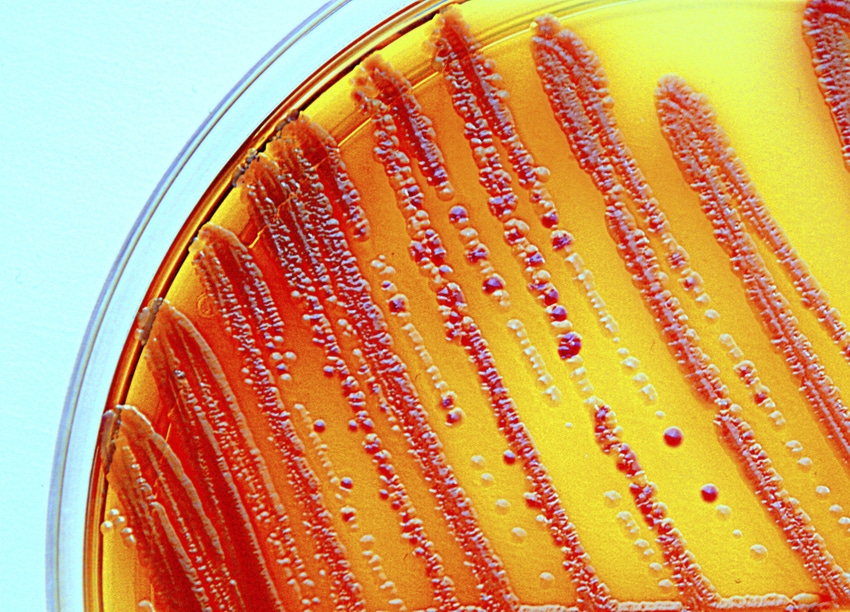Report describes current status of antimicrobial-resistant bacteria affecting various animal species in U.S.
August 25, 2020

Antimicrobial resistance (AMR) is a growing risk with direct effects on the health of animals and the potential to affect human health. The American Veterinary Medical Assn. (AVMA) released Aug. 25 the inaugural report "Antimicrobial Resistant Pathogens Affecting Animal Health in the United States," the newest addition to the arsenal of interdisciplinary resources dedicated to combating the AMR threat.
AVMA said the report is the first to describe the current status of antimicrobial-resistant bacteria affecting various animal species in the U.S.
AMR is when antimicrobial drugs, including antibiotics, antivirals and others, are no longer effective at treating the bacteria, viruses and other microorganisms that they were developed for, and it presents a growing challenge for veterinarians and is a global One Health issue, AVMA said.
Slowing and limiting the emergence and spread of AMR requires widespread engagement from across the One Health spectrum, especially among leaders in veterinary medicine, animal owners and public health, AVMA added.
“Veterinarians are at the forefront of fighting antimicrobial resistance in animals and have a critical role to play in the overall health of animals, humans and the environment,” AVMA president Dr. Douglas Kratt said. “AVMA is committed to the judicious therapeutic use of antimicrobials and promoting antimicrobial stewardship in veterinary practices. This report is a snapshot of the current landscape and we will continue to monitor for trends in antimicrobial resistance to ensure that veterinarians have the tools they need to make the best stewardship decisions for their patients.”
The report was developed over the last year-and-a-half by the AVMA Committee on Antimicrobials with the assistance of many species experts as volunteers: a group of nearly 50 microbiologists, epidemiologists and species experts, AVMA said.
It examines bacteria of concern and describes actions that veterinarians and their teams, producers, breeders and animal owners can take to slow and limit AMR emergence and spread.
The report includes easy-to-review summaries of AMR bacteria affecting dogs, cats, horses, cattle, swine, sheep, goats, chickens, turkeys and fish/shrimp. The report also includes resistance profiles for each of the bacteria identified in the report, AVMA noted.
“This report is a practical reference guide for veterinarians to use when making therapeutic decisions for their patients,” said lead author Dr. Paul Plummer with the Iowa State University College of Veterinary Medicine. “We hope that the expertise of the technical committees that were consulted in the creation of this report helps bring greater understanding of current status of antimicrobial resistant bacteria in animals and helps practitioners make more appropriate treatment decisions.”
AVMA also has posted additional resources and information on antimicrobial use and resistance.
You May Also Like

.png?width=300&auto=webp&quality=80&disable=upscale)

